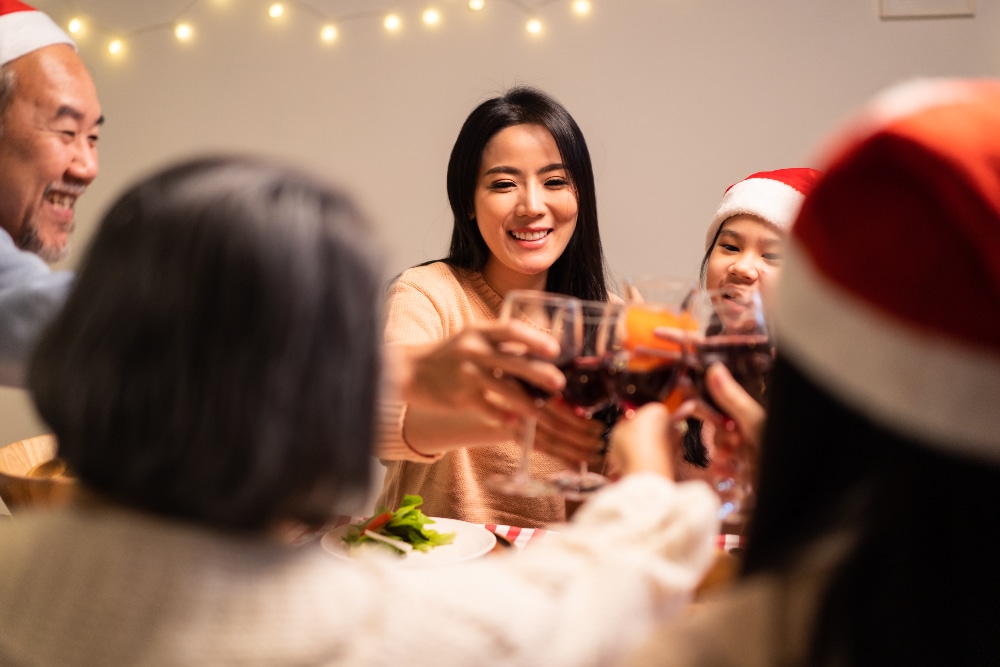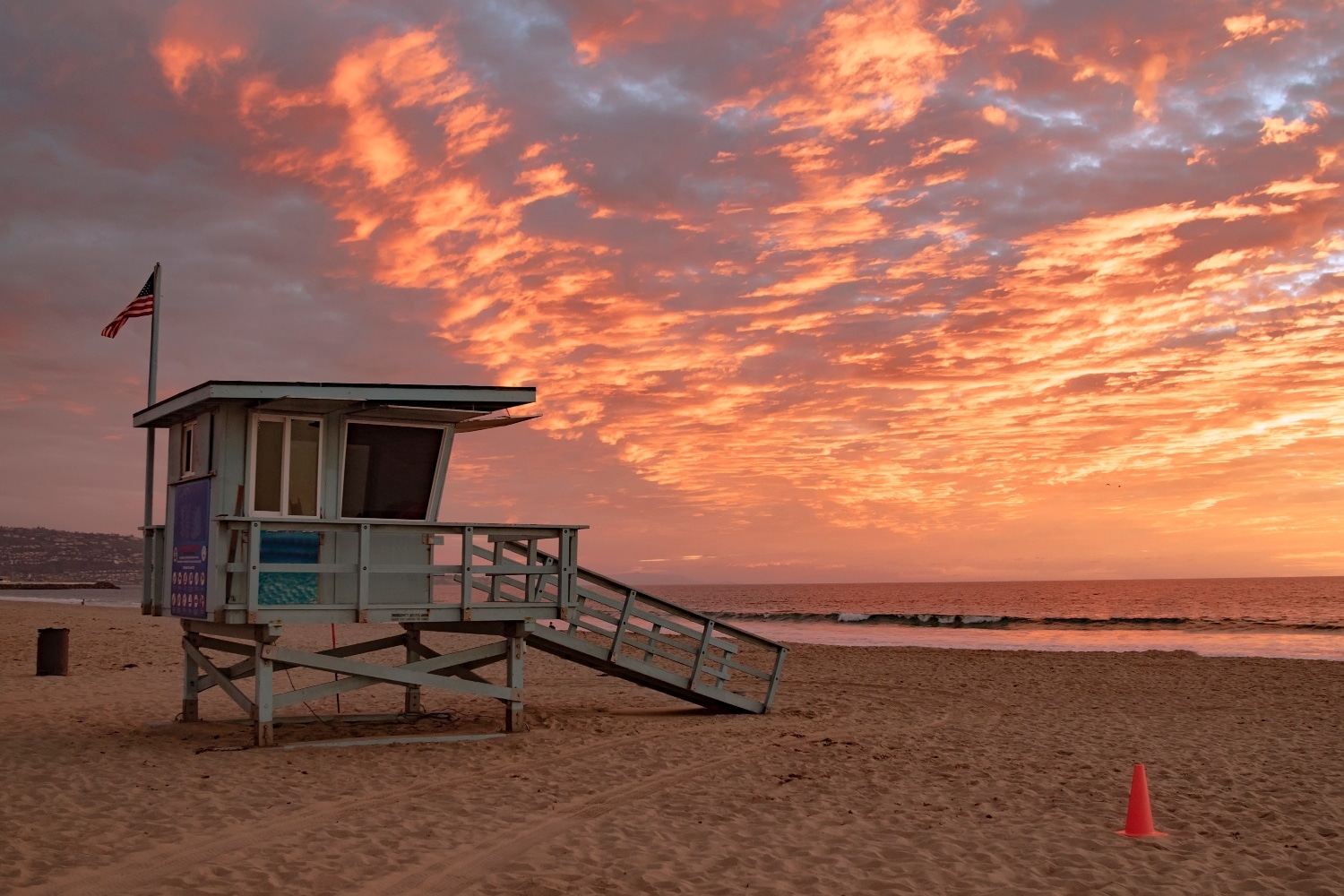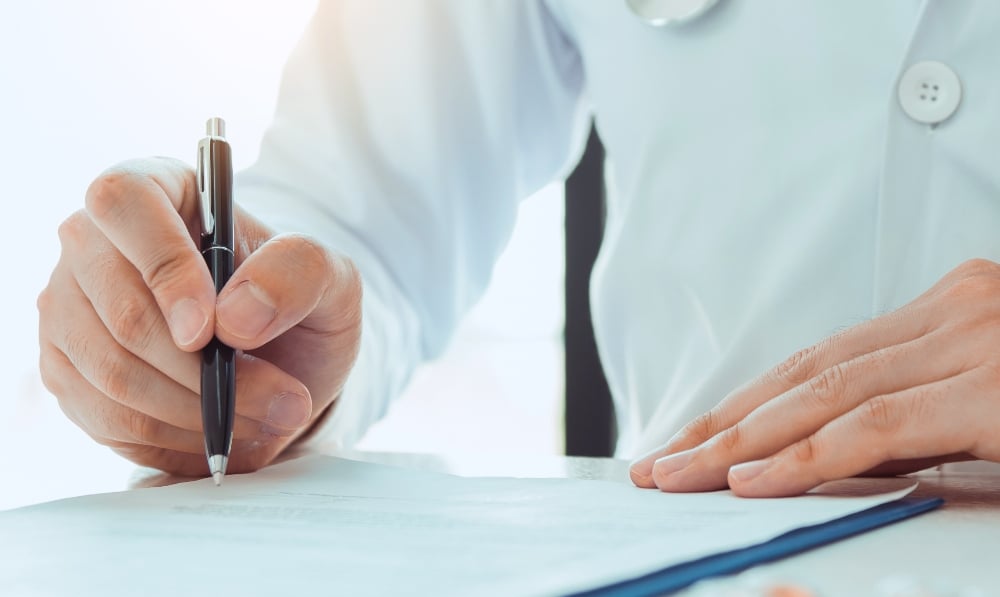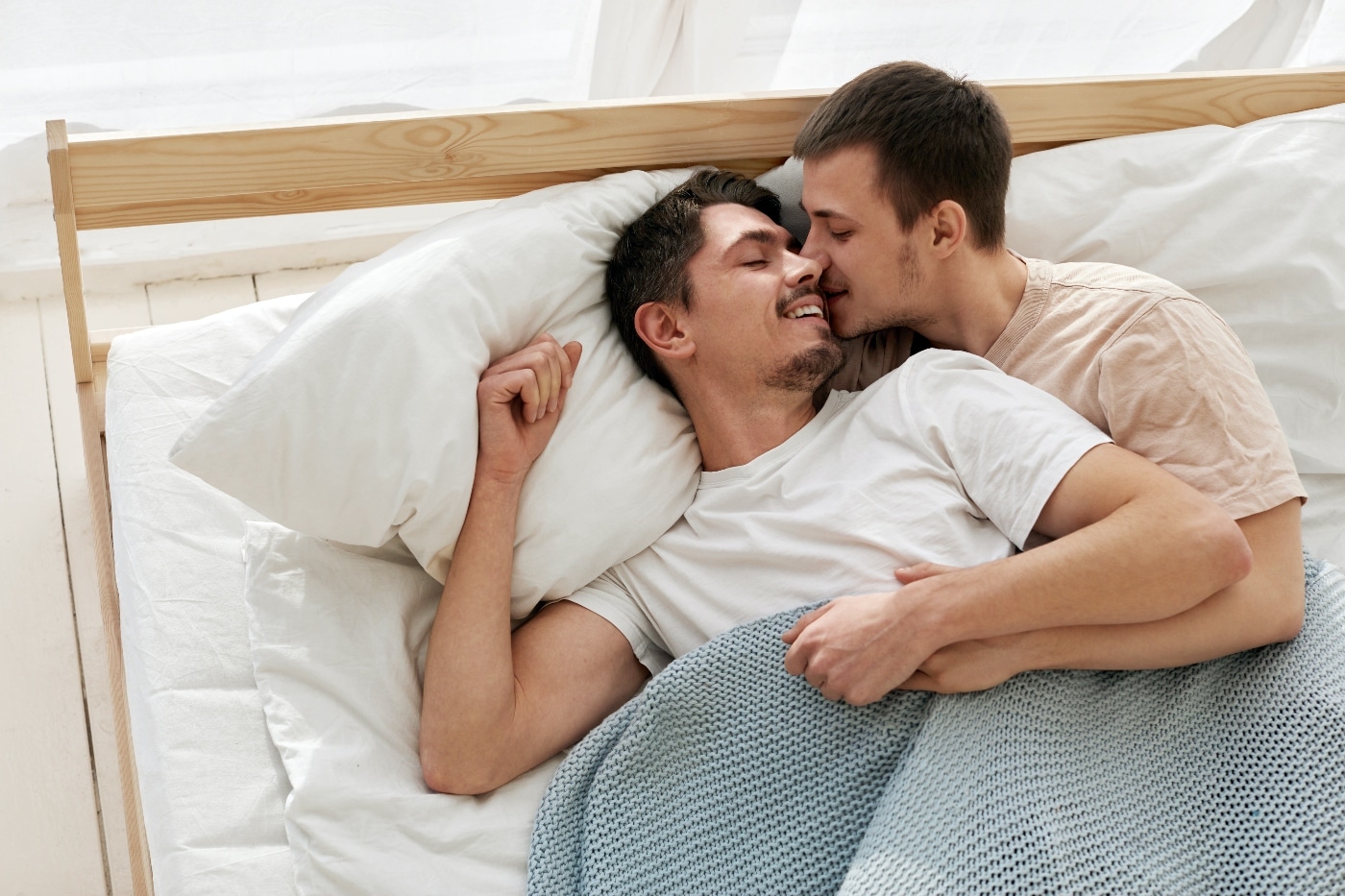The holiday season, with its spirit of celebration and togetherness, can also be a period full of challenges for those in recovery from addiction. Social gatherings, the presence of alcohol and possibly other substances, and the emotional weight of family expectations can all act as addiction triggers. Thus, crafting a relapse prevention plan is essential for navigating the holiday stress. This guide offers practical strategies designed to safeguard sobriety and enable individuals to enjoy the festivities without compromising their recovery journey.
Understanding Addiction Relapse
Relapse is a complex process that often begins long before the actual physical act of returning to substance use. It is essential to understand that relapse can be part of the recovery journey for many, and it doesn’t signify failure but rather an opportunity for learning and growth. Here’s a deeper look into the stages and nuances of relapse, particularly how they might manifest during the holiday season:
Emotional Relapse
In the emotional relapse stage, individuals are not yet thinking about using substances. Instead, they may be grappling with unresolved emotions such as anxiety, anger, or sadness, which can subtly undermine recovery if not addressed. Signs of emotional relapse include isolation, skipping recovery meetings, poor sleep habits, and a general sense of unease or discontent. These signs are subtle and can be easily overlooked during the busy holiday season.
Mental Relapse
As the process deepens, the mental relapse stage involves a significant internal conflict where part of the individual wants to use substances again, while another part wants to remain sober. This stage can be particularly strenuous during holidays when memories of past substance use might surface. Thoughts during this stage may include reminiscing about past drug use, lying to others about one’s feelings or whereabouts, bargaining or setting conditions (such as “I’ll only drink on holidays”), and planning relapse around other people’s schedules.
Physical Relapse
The final stage, physical relapse, is where the individual actually starts using the substance again. Often a rapid progression from the mental relapse stage, it can be triggered by a high-risk situation or emotional stressor, both of which are common during the holiday season.
The Role of the Holiday Season
The holidays can exacerbate risks of relapse due to a combination of social pressures, festive activities that may involve substances, and emotional stressors such as family dynamics or personal losses that are felt more acutely during this time. Additionally, the nostalgic element of the holidays can trigger memories associated with past substance use, creating a longing for the perceived ‘good times’ which can dangerously romanticize substance use episodes.
Common Relapse Triggers During the Holidays
The holiday season is a time filled with joy and festivities, but for those in recovery from addiction, it can also present potential triggers that could threaten their sobriety. Understanding these triggers is crucial to effectively navigate through the holidays without a relapse. Here are several key triggers and the reasons why they might be particularly challenging during this time of year:
Emotional Triggers:
- Loneliness: Holidays can amplify feelings of loneliness, especially for those who are estranged from their families or have lost loved ones. The emphasis on togetherness and family during the holidays can intensify feelings of isolation.
- Anxiety and Stress: The holidays are often a busy time with a lot of expectations. There can be financial pressures from gift-giving, stress from travel arrangements, or the burden of hosting gatherings, all of which can be overwhelming and trigger anxiety.
- Depression: Shorter days and colder weather can also contribute to seasonal affective disorder (SAD), which might worsen during the winter months, particularly exacerbating feelings of sadness or fatigue during the holidays.
Social Triggers:
- Parties and Gatherings: Social events during the holidays often involve alcohol and sometimes recreational drugs. Being in the presence of these substances can be a huge trigger for relapse.
- Reconnecting with Old Friends or Acquaintances: The holidays might bring you into contact with people from your past, including those you may have used substances with. This can reignite past behaviors and temptations.
- Feeling Out of Place: For those in recovery, navigating social situations without the aid of substances can feel awkward or uncomfortable, particularly if others around you are drinking or using drugs.
Routine Disruption:
- Change in Schedule: The holidays can disrupt daily routines that are crucial for recovery. This might include changes to therapy sessions, support group meetings, or exercise routines, all of which can destabilize someone’s recovery process.
- Travel: Visiting family or going on vacation can disrupt the regular support systems and routines that help keep recovery on track. Being in a new environment can also present new temptations and risks.
Cultural and Media Influences:
- Idealized Expectations: Media portrayals often depict holidays as perfect and joyful times. This unrealistic expectation can create feelings of inadequacy or disappointment, which can be triggers for emotional distress.
- Advertising: Increased exposure to advertisements for alcoholic beverages and parties can act as triggers. Holiday marketing often promotes alcohol consumption as a way to celebrate, which can be challenging for someone in recovery.
Recognizing these triggers is a vital first step in managing them effectively. By planning ahead, communicating openly with supportive friends and family, and establishing strategies to handle these situations, those in recovery can enjoy the holiday season while maintaining their sobriety. This planning might involve setting clear boundaries, arranging for transportation to avoid certain parties, or planning new, sober ways to celebrate that do not involve high-risk scenarios.
Essential Components of a Holiday Relapse Prevention Plan
A well-structured relapse prevention plan includes self-awareness practices, clearly defined personal boundaries, and a solid support network. Self-care routines are vital, including adequate sleep, nutrition, and exercise, all of which fortify physical and mental health. Realistic goal-setting for social engagements and firm boundaries regarding substance exposure are also critical.
Tips for Maintaining Sobriety
To maintain sobriety, it’s crucial to strategize how to navigate high-risk situations:
- Avoidance: Steer clear of high-risk scenarios whenever possible.
- Assertiveness: Be prepared to decline offers of substances firmly and politely.
- Support: Attend support group meetings more frequently during the holiday season and consider bringing a sober friend to gatherings.
Creating a Routine
Structure is a potent tool in recovery, especially during times of stress. A consistent daily schedule that includes time for work, rest, and recovery activities can provide a sense of stability and normalcy amidst the holiday chaos.
Utilizing Support Networks
Staying connected is crucial, especially for individuals in recovery from addiction. Isolation can exacerbate feelings of loneliness and stress, increasing the risk of relapse. Support networks can be formal, such as therapy groups or meetings, or informal, like spending time with supportive family members or friends. Engaging with these networks can provide emotional support and practical advice during challenging times.
Managing Expectations
It’s important to communicate openly with family and friends about your recovery needs, which might mean setting limits on your availability or turning down invitations that could jeopardize your sobriety. Managing both your expectations and those of others can minimize stress and misunderstanding.
Healthy Holiday Activities
Replacing former drinking or using time with healthy activities is crucial. Consider volunteering, engaging in winter sports, or exploring hobbies like cooking or photography. These activities not only fill your time but also provide a sense of accomplishment and joy.
Nutrition and Physical Health
The relationship between diet, physical health, and emotional well-being is tightly interlinked. Eating a balanced diet and engaging in regular physical activity can significantly enhance your mood and resilience, helping you to manage cravings and reduce stress.
Mindfulness and Relaxation Techniques
Techniques such as meditation, yoga, and deep breathing exercises can reduce stress and enhance overall well-being. Integrating these practices into your daily routine can help maintain calm and focus during the hectic holiday period.
Handling Setbacks
If a lapse occurs, it’s important to view it as a learning opportunity rather than a failure. Assess what led to the setback and adjust your prevention plan accordingly. Seeking immediate support from counselors or a support group can also help prevent a full relapse.
Prepare for the Holidays With No Matter What
Navigating the holiday season while maintaining sobriety can be a daunting challenge, but with the right strategies and support, it is entirely possible. By understanding the common triggers, staying engaged with supportive networks, and actively participating in healthy, sober activities, individuals in recovery can not only survive but thrive during the holidays. Remember, every day you maintain your sobriety is a victory and a step towards a healthier, more fulfilling life.
If you or someone you know is struggling with staying sober during the holidays, No Matter What Recovery is here to help. Our team of compassionate professionals understands the unique challenges posed by the holiday season and offers tailored support to ensure you can enjoy this festive time without compromising your recovery journey. Reach out to us today to learn more about our addiction treatment programs and how we can support you or your loved one in staying sober.
FAQs
If holiday gatherings feel overwhelming, give yourself permission to take a break. Step outside for some fresh air, find a quiet room to regroup or reach out to a supportive friend or family member. It’s okay to leave early if you need to maintain your sobriety.
To avoid isolation, engage actively with support groups, volunteer, or participate in community events. Staying connected with others who understand your journey can provide comfort and reduce feelings of loneliness.
Signs that professional help might be needed include feeling uncontrollable anxiety, depression, or cravings, experiencing withdrawal symptoms, or struggling significantly with daily functions. If you notice these signs, contact a healthcare provider or counselor.
If you are newly sober, assess each event individually. Consider whether there will be substances present and if you’ll have support available. It might be wise to skip some events this year if they pose too high a risk.
Be honest but brief when discussing your sobriety. You can simply say, “I’m not drinking because I’m focusing on my health,” or, “I’m celebrating sober this year.” Most people will respect your decision without requiring a lengthy explanation.

Mell McCracken, CADC-II, ASAT, RAE
Mell McCracken is the Executive Director of No Matter What Recovery, serving as the leader of the clinical treatment program and overseeing our sexualized drug use curriculum.
Mell is nationally and internationally recognized as an LGBT+ educator, co-author, and treatment provider. They also serve as faculty member at the International Institute of Trauma and Addiction Specialists. They are committed to uplifting voices and breaking stigmas, one conversation at a time, and have spent their career fighting for inclusivity and empowerment through chemsex education and LGBT+ activism.







